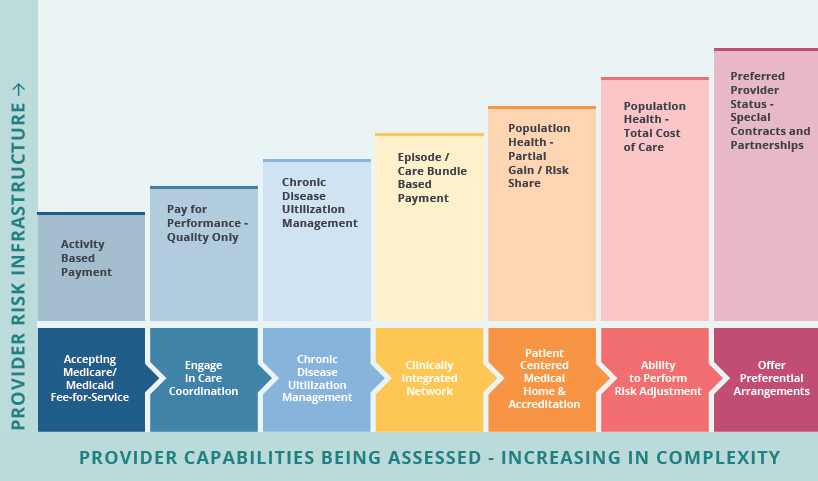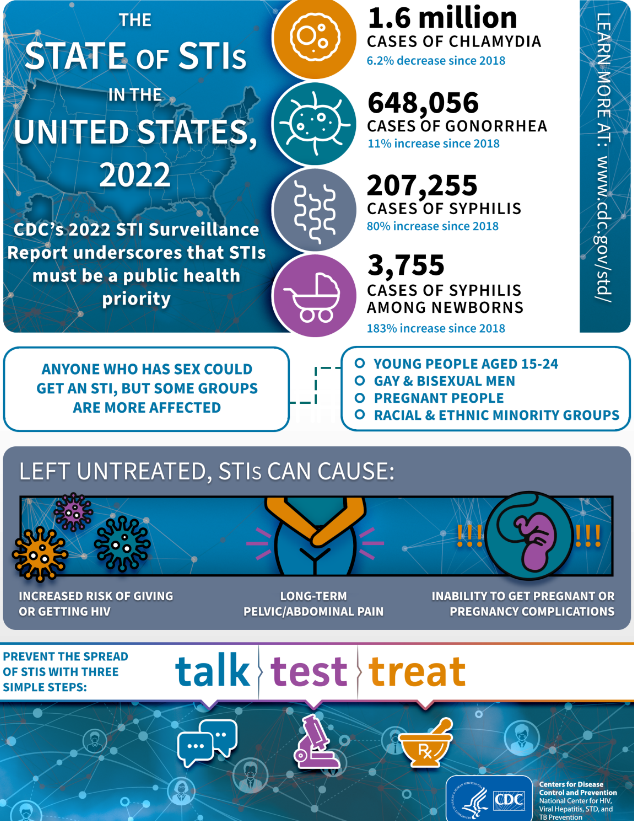The Sequential Intercept Model (SIM) provides a framework to help local governments divert individuals with behavioral health issues from the criminal justice system into community resources.
The model serves communities by helping them identify opportunities for diversion programs, known as “intercepts”, with the highest potential for success based on community strengths and needs. Created by Policy Research Associates in 2004 and promoted by SAMHSA’s GAINS Center, SIM identifies critical diversion points tailored to each community’s strengths and needs.
Key Benefits of Implementing SIM
Guides ongoing stakeholder meetings and county programming by establishing a common language for justice and diversion programs to support sustainability and adaptability over time.
Supports community analysis and integration of new policies by providing a clear visualization of system resources and gaps.
Facilitates collaboration and ensure efficient use of resources by enhancing communication and relationships across systems.
Collects local data for system analysis to identify grant opportunities and funding for critical intercept program development.
Development of a SIM report that highlights current state, gap, and opportunities for improvement.
Educates county leaders on best practices to help assess new programs and identify areas for improvement.
Addressing Community Challenges
SIM supports development of community prevention programs that lower the chance of initial involvement into criminal justice for many, helping provide the needed level of treatment support. The framework further allows jurisdictions to develop meaningful and effective programs to address issues faced by justice-involved individuals, such as unstable housing and income, high overdose risks, and the impact of evolving policies. Many existing programs lack sustainability due to reliance on temporary funding, and traditional planning has been reactive rather than proactive. SIM offers a comprehensive framework for communities to support individuals with behavioral health issues, improving safety and resource efficiency.
HMA’s services include:
- Facilitating stakeholder meetings and data collection.
- Mapping current systems and identifying key intercepts.
- Developing SIM reports to highlight gaps and opportunities.
- Leading strategic planning for program development.
- Setting measurable goals and evaluation plans.
If you are ready to talk about implementing a SIM and the next steps for your organization, reach out to our experts today.
Contact our experts:



















































